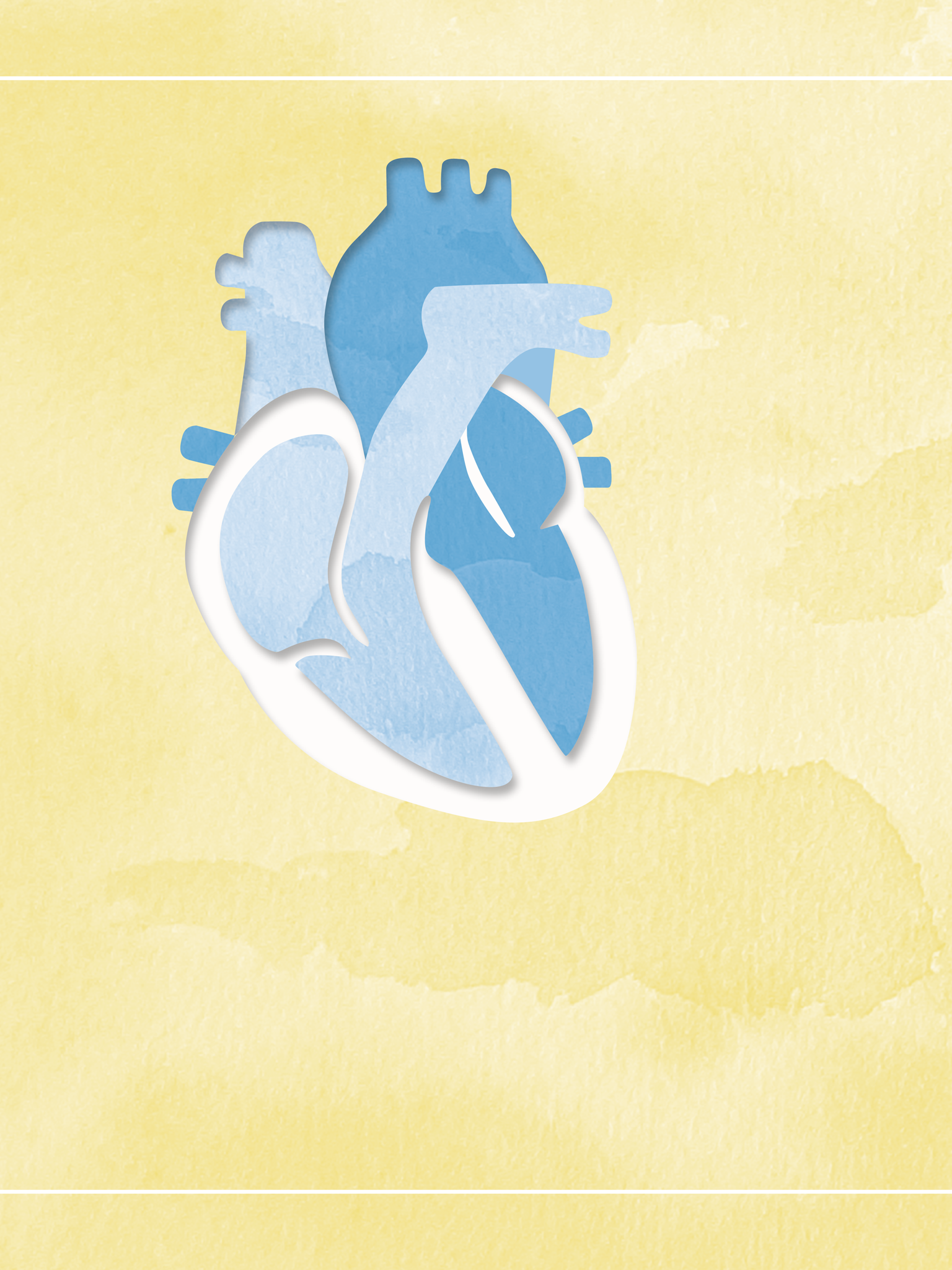
Blood is the body’s life force, delivering oxygen and nutrients to cells and removing waste, and the heart is the pump that keeps blood flowing. Any disruption to the flow can be life changing, but nutrition can help maintain heart health into old age.

With over 100,000 beats a day, on average, the heart is a super-hard worker. Discover how foods can counter the subtle but serious changes that occur to the heart and its vessels over time.
Your heart beat is generated automatically by the heart’s in-built pacemaker. Electrical signals coordinate the movements involved in a heart beat and their rhythm. As we get older, there’s a reduction in the number of cells in this pacemaker and the heart beat slows slightly. Nutrients such as potassium, calcium, and magnesium are vital for muscle contractions to keep the heart functioning optimally. Omega-3 fatty acids, known for lowering blood pressure, are also being studied for their potential effects on the heart’s rhythm.
A “hardening” of the arteries is known to accompany old age; it’s caused by the process of atherosclerosis (deposits of fatty plaques within the arteries) and the loss of elasticity in these vessels. When the heart has to work against the resistance offered by stiffer arteries, it cannot pump as much blood with each beat. Such stiffening also affects blood pressure, so that it’s higher during contraction. The best approach is to reduce the likelihood of atherosclerosis in the first place by maintaining a healthy weight and keeping blood cholesterol levels within healthy limits. Foods that promote vasodilation (the widening of blood vessels), such as the nitrates in beetroot and vitamin D in oily fish, can help keep blood flowing smoothly and arteries relaxed.

A lack of vitamin D has been linked with stiffer arteries and an inability of blood vessels to relax.

Blood is 50–55 per cent plasma (the liquid-only portion) and 45–50 per cent blood cells. Plasma is 90 per cent water; as we get older it’s harder for the body to retain fluids and to stay hydrated (see here and here), and there is a gradual reduction in total body water. Staying hydrated with plenty of fluids and eating lots of water-rich fruit and vegetables can boost total body water.
The body produces over 200 billion new red blood cells every day. To do this efficiently, bone marrow needs vital ingredients – iron and copper (for haemoglobin production), vitamin A (for stem cell activity), and various B vitamins (vitamins B6, B12, and folate for haemoglobin manufacture). A varied diet will provide all the essential micronutrients for making red blood cells.